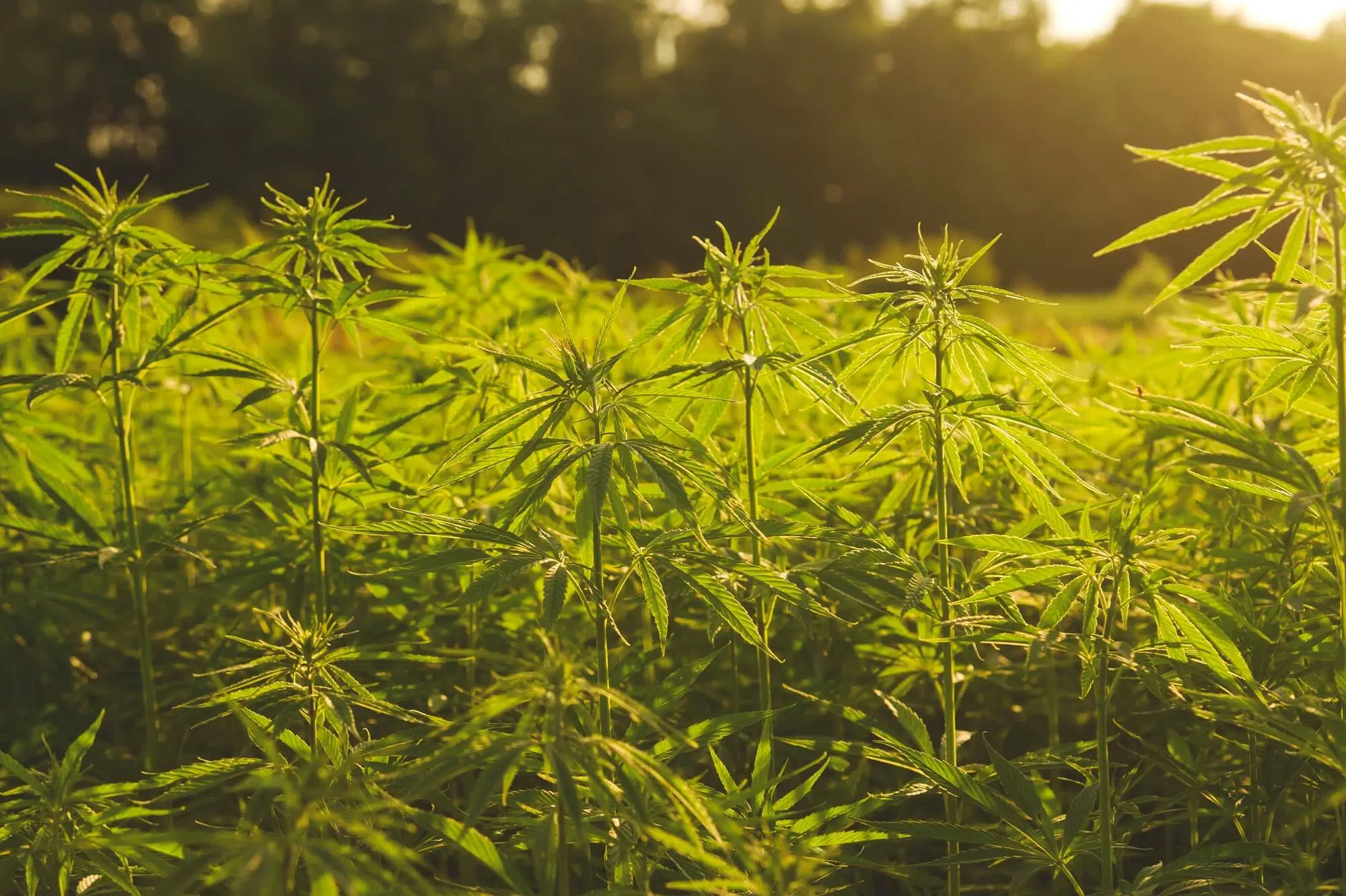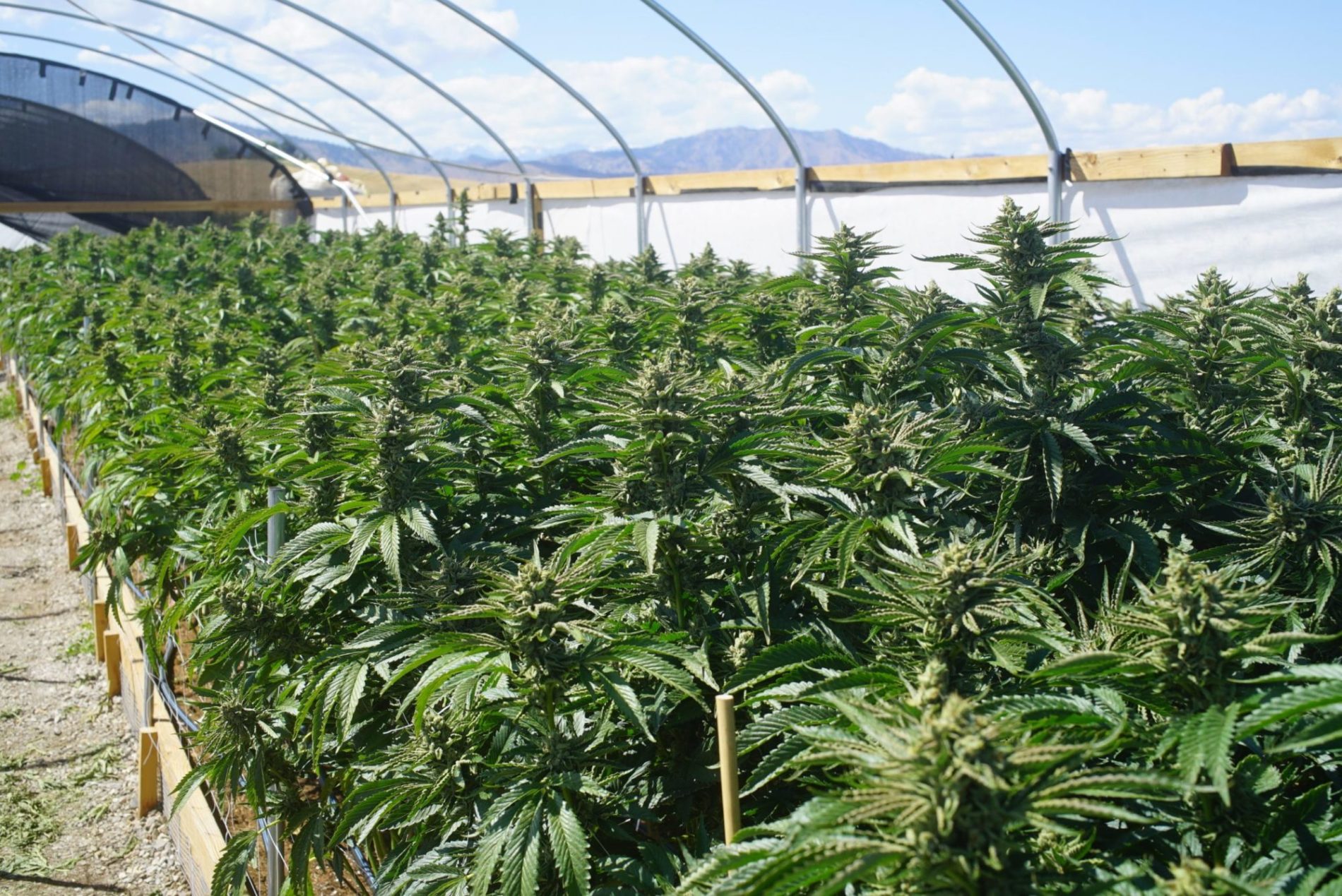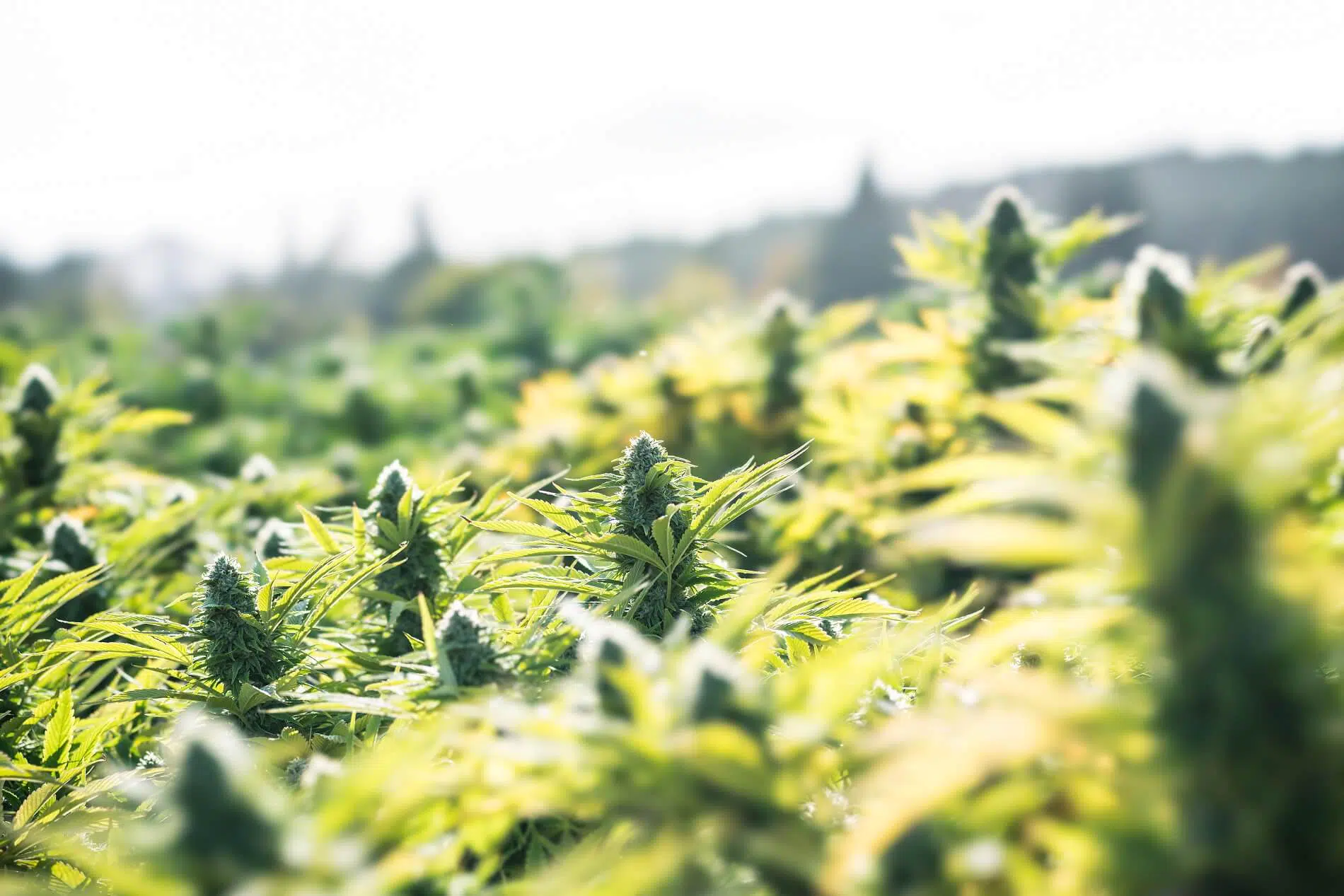-
- Market Research
- |
- CBD Near Me
- |
- Giveaways
- |
- Newsletter
- |
- Contact
- |
- Advertise
- |

Thanks to a $40 billion windfall poised to land on the hemp industry (really, sustainable agriculture at large) as stipulated in the recently passed Inflation Reduction Act, hemp industry members are looking forward to a revitalizing jolt in production potential and other areas.
As reported by the US Hemp Roundtable, the Inflation Reduction Act of 2022 will provide “$18 billion to four farm bill conservation programs and another $1.4 billion for the Natural Resources Conservation Service to provide technical assistance to farmers.”
The bill also incentivizes biofuels with $20 billion allocated to USDA forestry and energy programs.
Here’s a brief overview of some of the major stipulations introduced in the bill, including non-agriculture-related items:
- The corporate tax reform component imposes an “alternative minimum tax of 15% of the average annual adjusted financial statement income of domestic corporations … that exceeds $1 billion over a specified 3-year period,” per the bill language.
- The bill requires drug manufacturers to supply rebates to the CMS (Centers for Medicare & Medicaid Services) for brand-name drugs without generic equivalents under Medicare that cost $100 or more per year per individual.
- The bill allocates funding to the USDA’s Natural Resources Conservation Service for various purposes.
- The bill allocates funds to the Department of Energy allowing for rebates and incentives related to energy efficiency in buildings, industrial facilities, and more.
“We’re excited by this new opportunity to demonstrate hemp’s important role in promoting agricultural sustainability,” stated Jonathan Miller, General Counsel of the U.S. Hemp Roundtable. “Hemp growth captures carbon from the soil; the plant uses far less water than other fiber crops; and hemp products like plastics and construction materials are biodegradable. Hemp can also be used for biofuel or biomass for fuel alternatives.”
As for how this bill is likely to affect the hemp industry, we anticipate a significant ramping up in sustainable, energy-efficient production methods that will shift the industry to a higher caliber of sourcing/growing quality while rewarding those who were previously absorbing the extra cost to use these methods with the resources to grow and innovate further.







